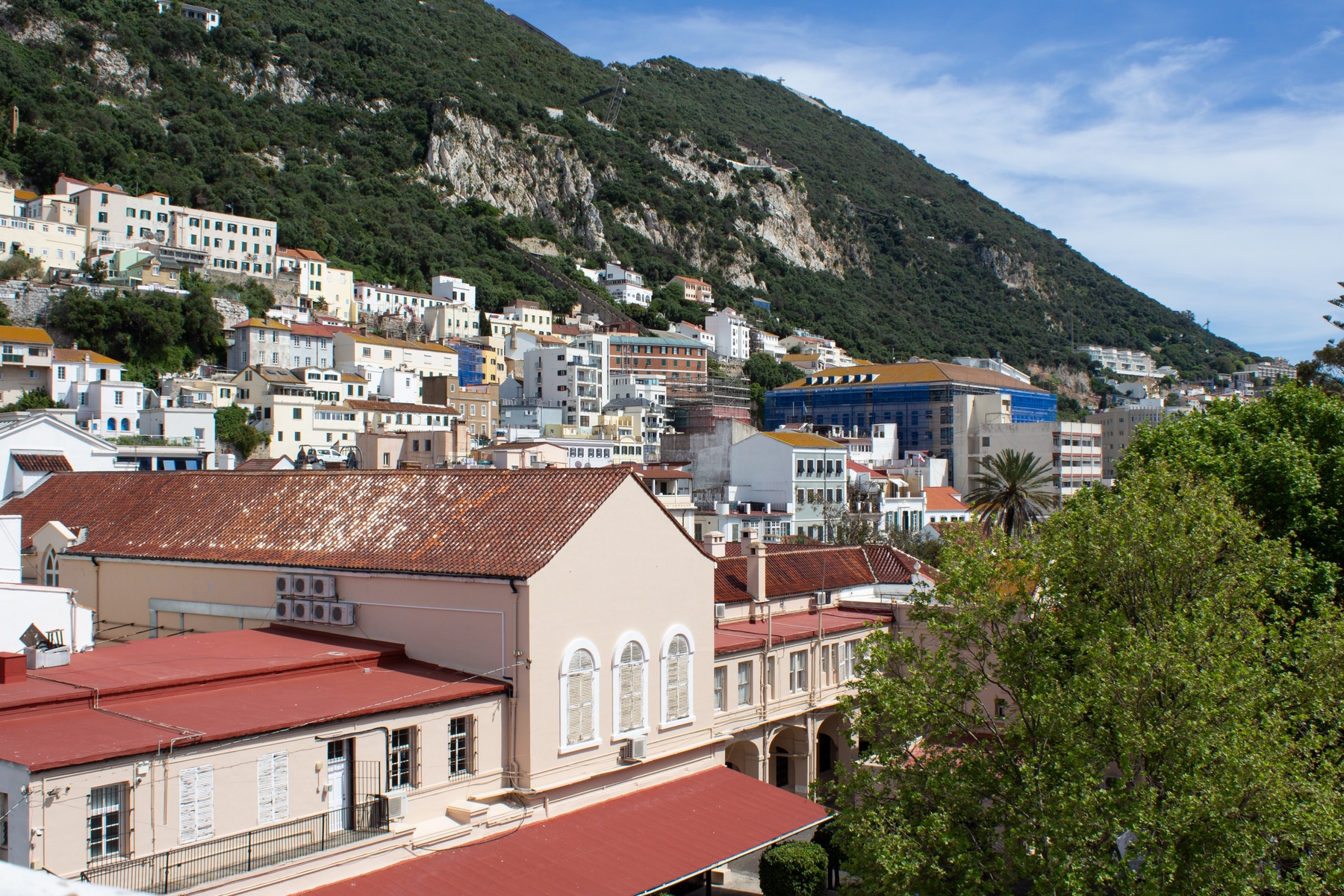
Here you'll find answers to common questions about buying, selling, and renting properties in Gibraltar. Whether you're a first-time buyer or a seasoned investor, our goal is to make your property journey as smooth as possible. If you need further assistance, don't hesitate to reach out to our expert team for personalized advice.
These benefits make Gibraltar an appealing destination for property buyers looking for a combination of investment potential and lifestyle advantages.
These rights make Gibraltar an attractive option for non-residents interested in property investment, combining legal security with potential financial benefits.
By budgeting for these costs, buyers can better prepare for the financial implications of purchasing property in Gibraltar.
By taking these steps, you can effectively rent out your property and potentially benefit from a strong rental market in Gibraltar.